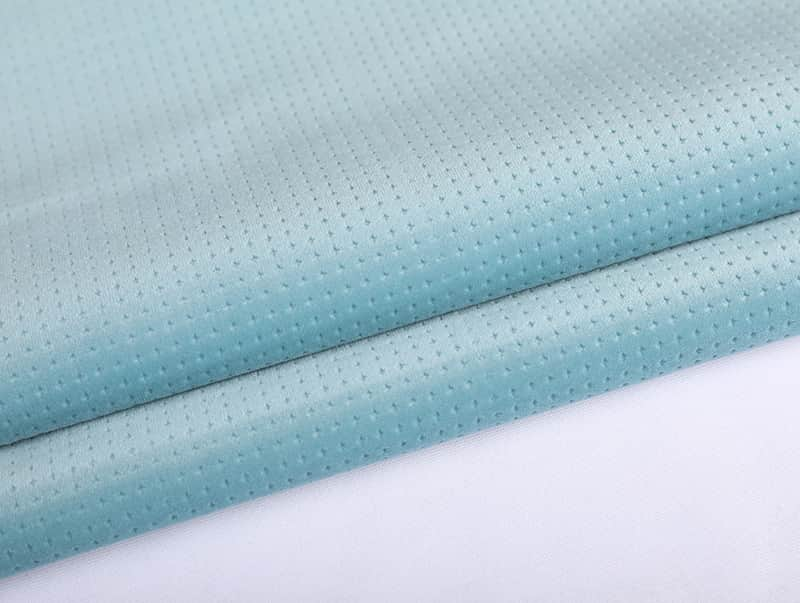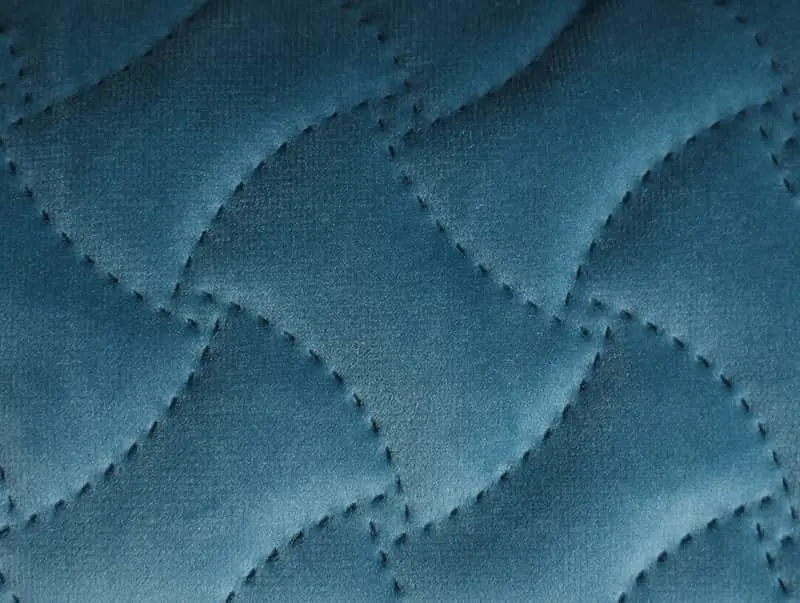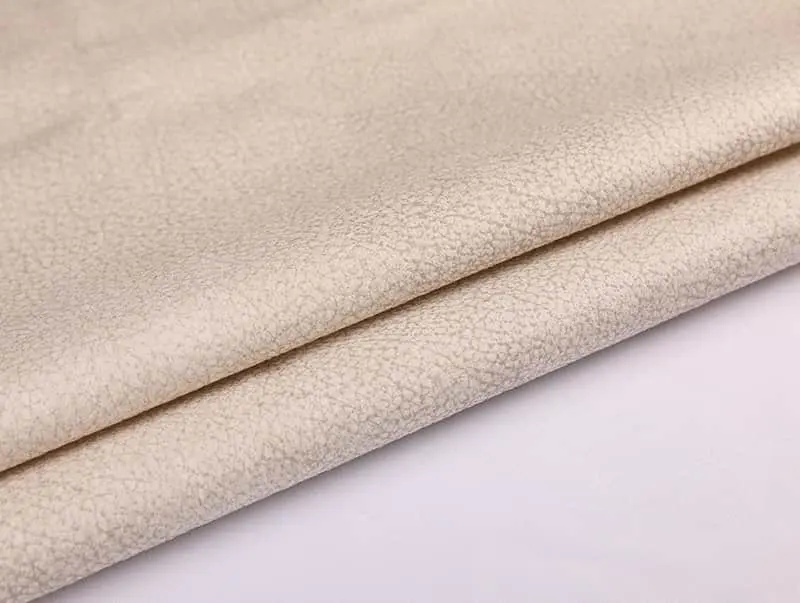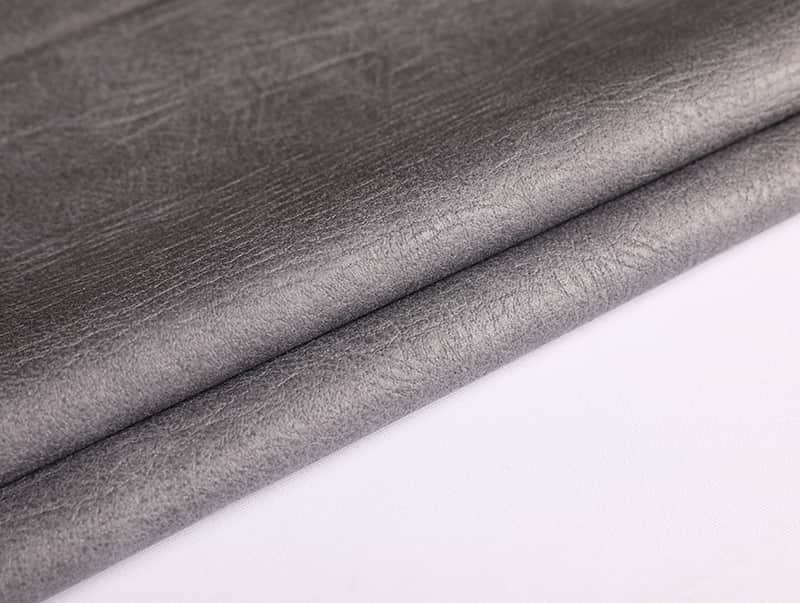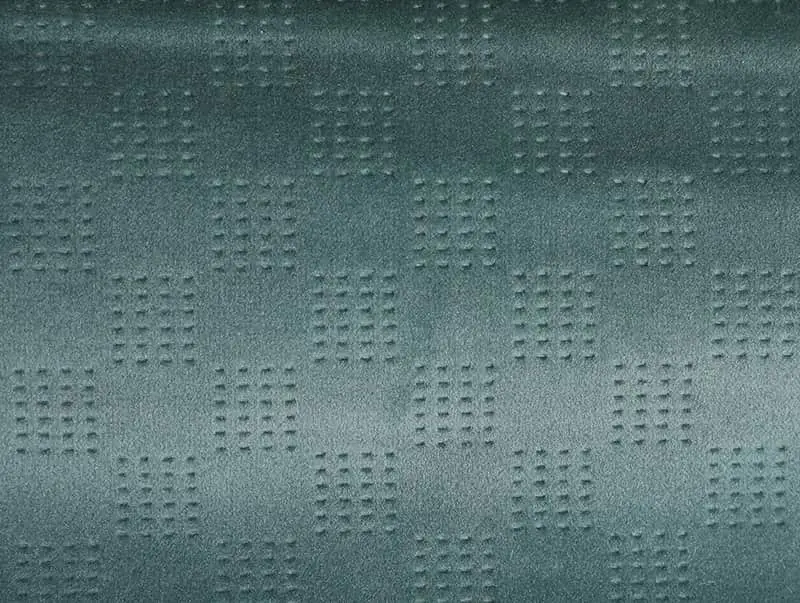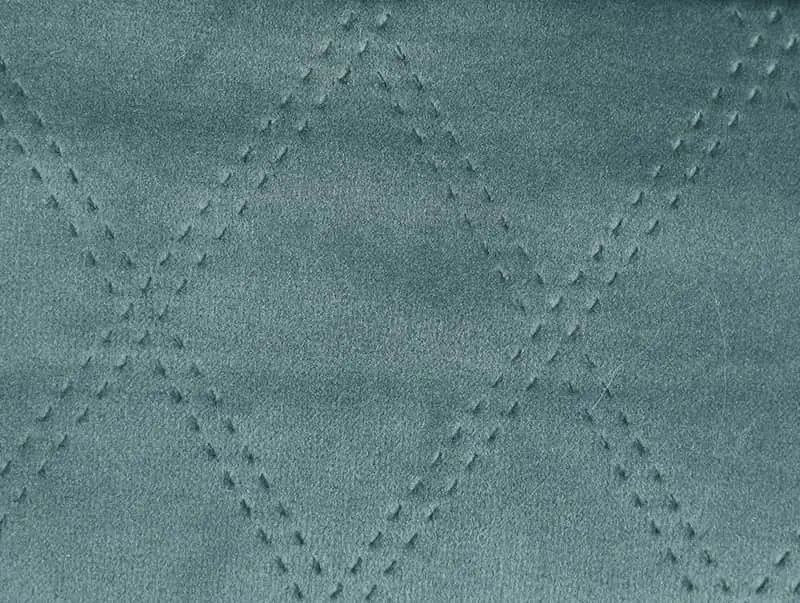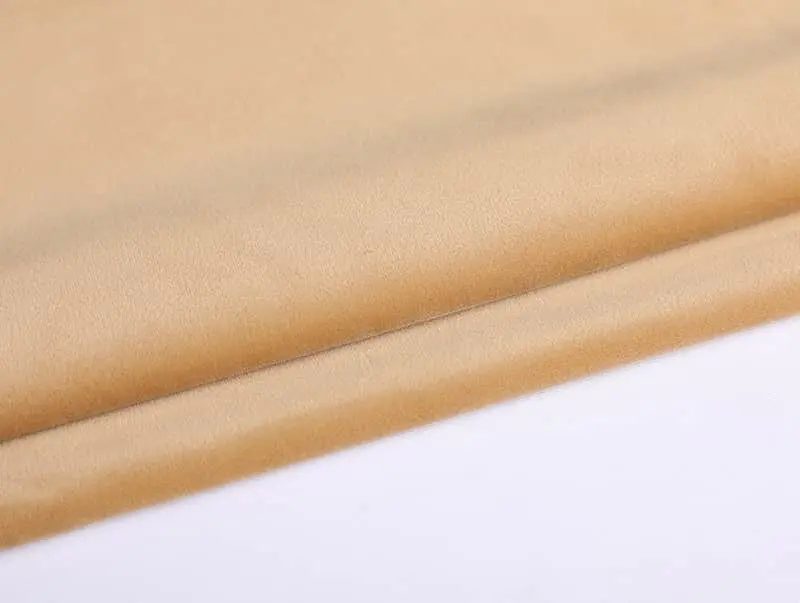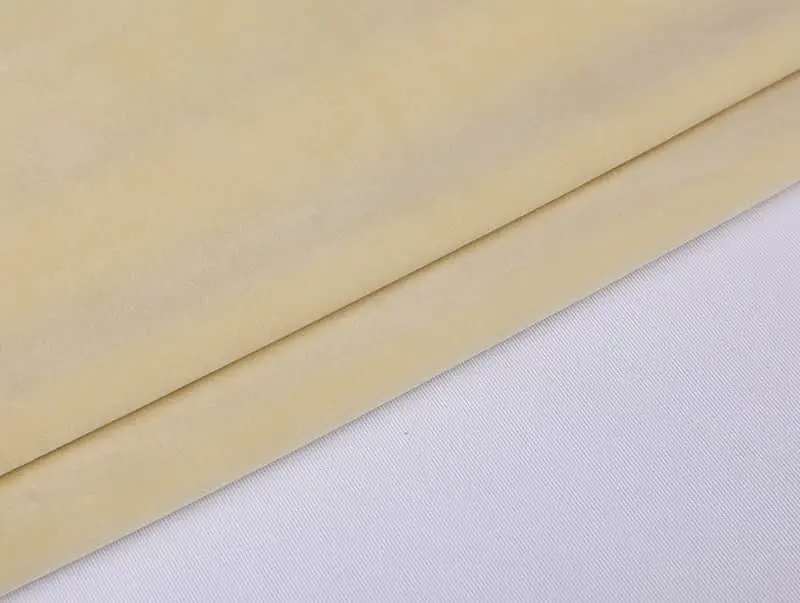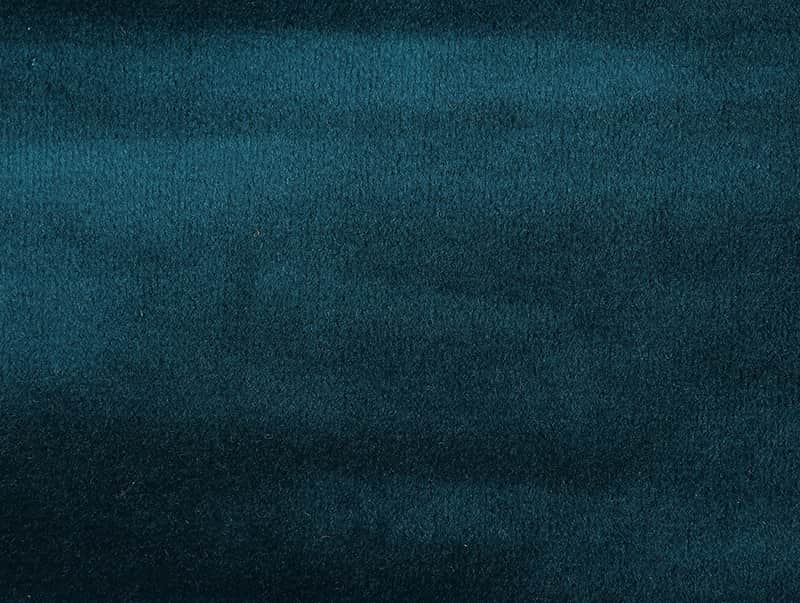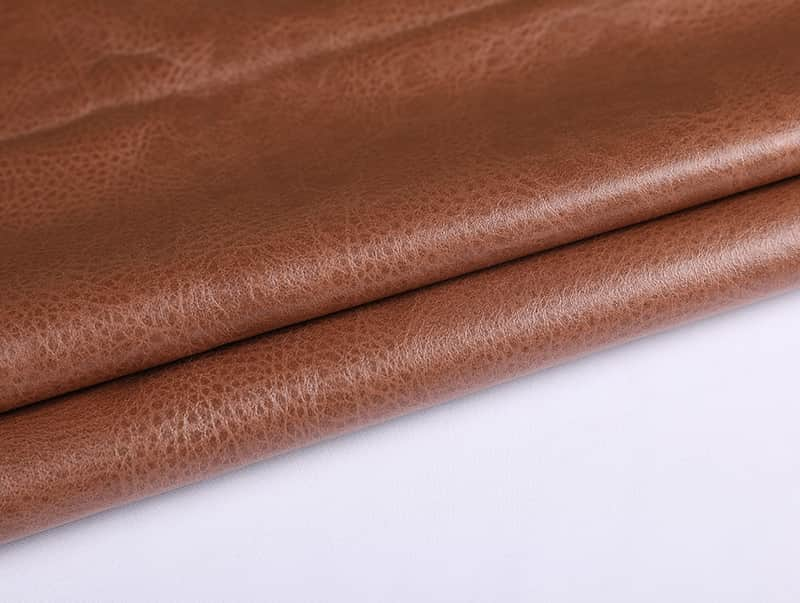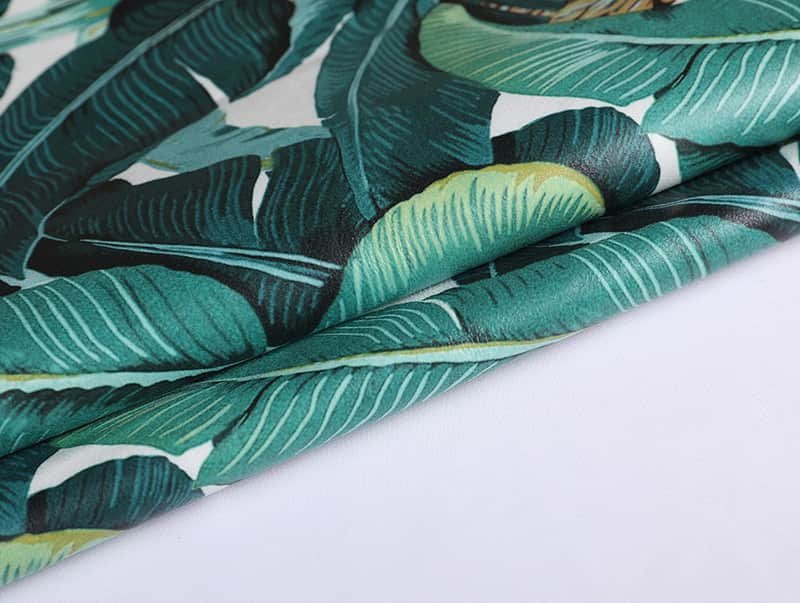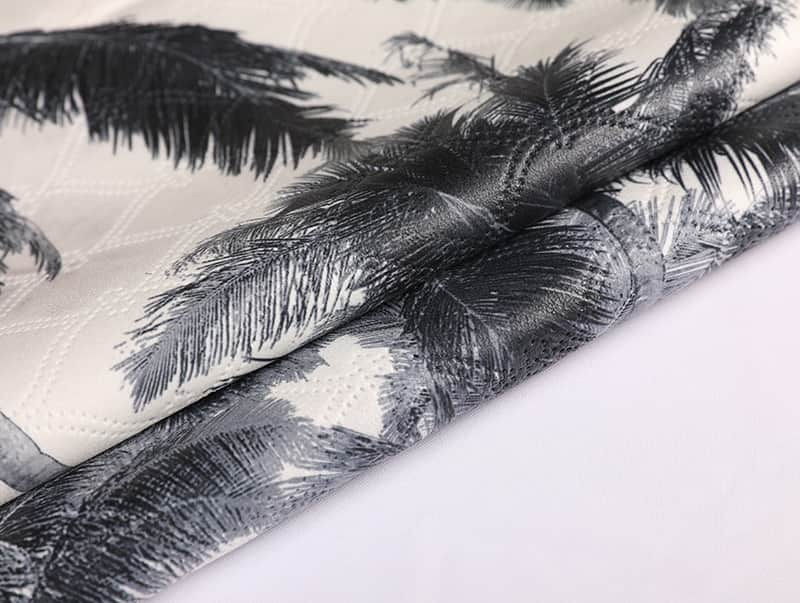Plush Toy Fabric, in its traditional form, is typically not biodegradable. Plush fabrics are often made from synthetic materials, such as polyester, acrylic, or nylon, which are not biodegradable and can persist in the environment for a long time. These synthetic fibers are known for their durability and resistance to moisture, which is why they are commonly used in plush toy manufacturing.
However, there are efforts to make plush fabrics more environmentally friendly. For example:
Natural Fiber Blends: Some plush fabrics incorporate natural fibers like organic cotton or bamboo. While these materials may break down more easily than pure synthetics, they may still require specific conditions to biodegrade fully.
Biodegradable Plush Fabrics: There are ongoing research and development efforts to create plush fabrics from biodegradable materials, such as biodegradable polymers or natural fibers treated with biodegradable finishes. These fabrics are designed to break down more readily when exposed to the right environmental conditions.
Recycled Plush Materials: Plush fabrics made from recycled materials, such as recycled PET (rPET) or post-consumer waste, can help reduce the environmental impact by reusing existing resources.
Eco-Friendly Fillings: In addition to the fabric, the filling used in plush toys can also impact the biodegradability of the toy. Some eco-friendly fillings made from natural or biodegradable materials are being explored.
It's important to note that even if plush fabric is made from biodegradable materials, the overall biodegradability of a plush toy depends on various factors, including the sewing thread, any attached components (like plastic eyes or buttons), and the conditions in which the toy is disposed of. Biodegradability also varies depending on the specific material and its composition.
As sustainability becomes a more significant concern in the textile and toy industries, you may come across plush toys and fabrics labeled as "eco-friendly," "biodegradable," or "sustainable." However, it's essential to carefully examine the product's specifications and any certifications to determine the extent of its environmental friendliness and biodegradability. Additionally, responsible disposal practices, such as composting or recycling, can further contribute to reducing the environmental impact of plush toys.


